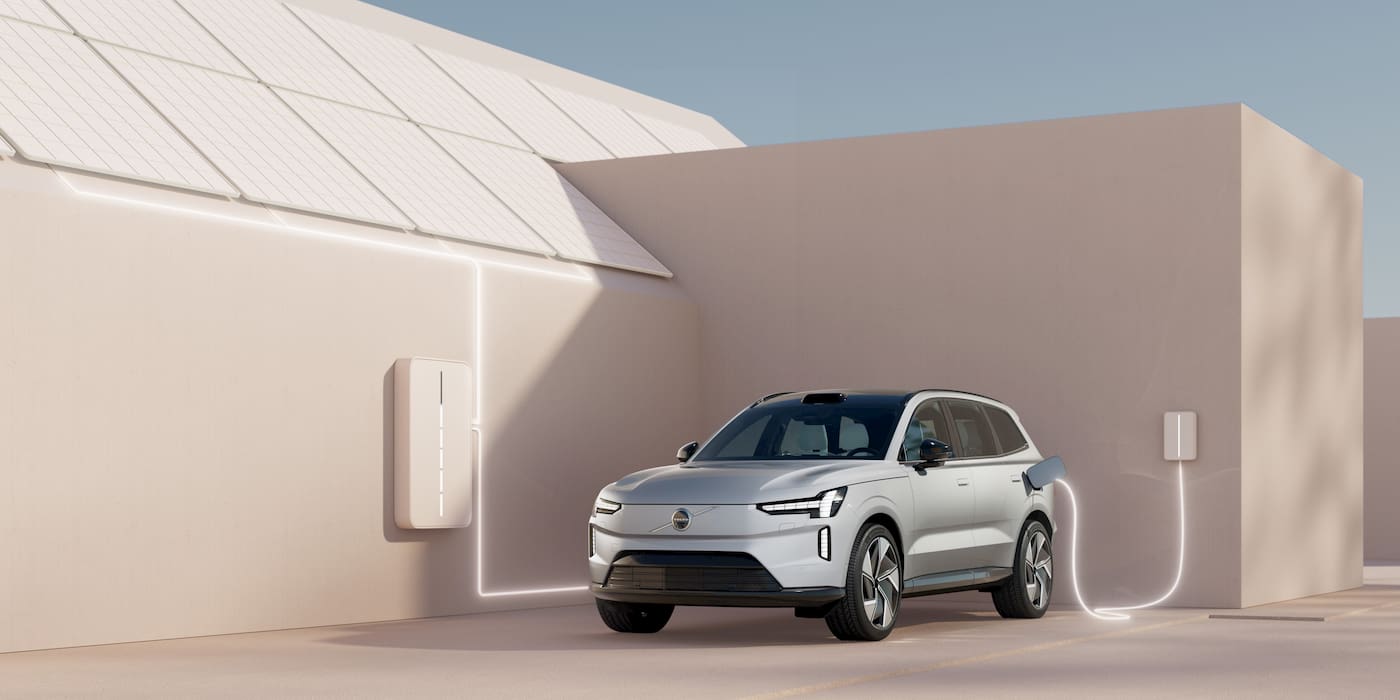Volvo joins Tesla’s NACS, will adopt the connector on future EVs


Volvo announced that it will adopt Tesla’s NACS connector on future electric vehicles starting in 2025 and for existing Volvo EVs with an adapter coming next year.
The Swedish automaker becomes the latest electric automaker to adopt the standard for its electric vehicles in North America, following the announcements from Ford, GM, and Rivian, in that order.
Volvo announced in a press release:
As part of Volvo Cars’ aim to be a fully electric car maker by 2030, the company is the first European car maker to sign an agreement with Tesla, giving current and future electric Volvo car drivers access to Tesla’s vast Supercharger network across the United States, Canada, and Mexico.
The announcement is almost copy-pasted from the previous ones, with Volvo confirming that its EVs in North America will have the NACS connector as standard starting in 2025.
In the meantime, it will make an adapter available to current Volvo EV owners so they can have access to Tesla’s Supercharger network.
Ford and GM put the timing of the availability of the adapter in 2024. Rivian said spring 2024. Now Volvo is talking about the “first half of 2024.”
Jim Rowan, CEO of Volvo Cars, commented on the announcement:
As part of our journey to becoming fully electric by 2030, we want to make life with an electric car as easy as possible. One major inhibitor to more people making the shift to electric driving – a key step in making transportation more sustainable – is access to easy and convenient charging infrastructure. Today, with this agreement, we’re taking a major step to remove this threshold for Volvo drivers in the United States, Canada and Mexico.
Volvo confirmed that it will offer a NACS to CCS adapter for its EV owners to still have access to CCS chargers around North America.
City Dwellers’s Take
As we noted when GM followed Ford, it’s now just a matter of time before all automakers adopt NACS in North America. Otherwise, they will be left behind.
At this point, I think the delay is just related to Tesla having to negotiate deals with those automakers to have access to the Supercharger network through adapters in order to avoid the Osborne effect.
FTC: We use income earning auto affiliate links. More.